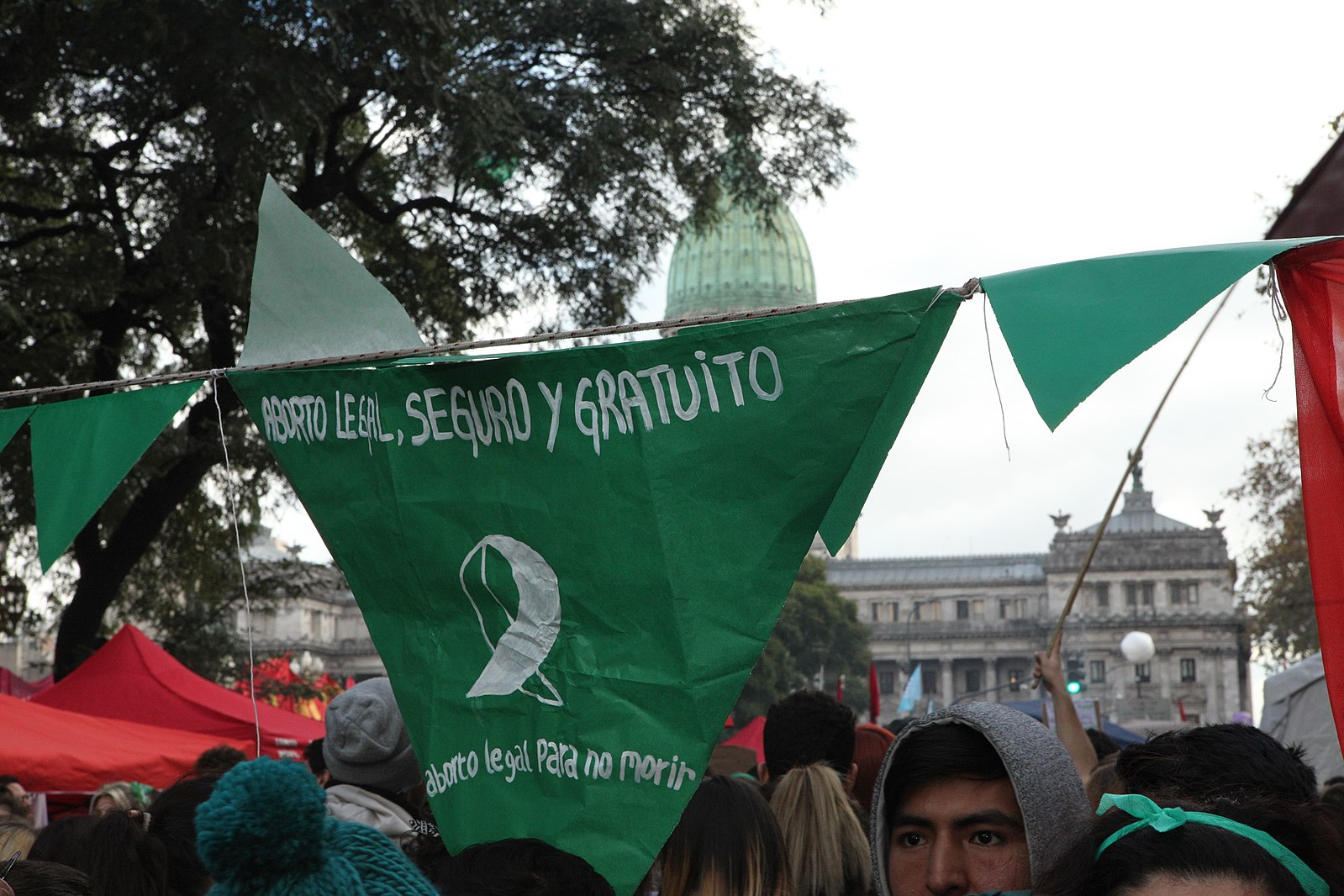Colombia’s highest court legalized abortion under Colombian law on Monday, becoming the third Latin American country to do so in recent years. The court’s ruling was to legalize the procedure within the first 24 weeks of pregnancy, following the medical standard commonly seen in the US.
This decision has followed decades of advocacy in Colombia, as well as in South America broadly. Argentina legalized the procedure in 2020, followed by Mexico in 2021.
“This puts Colombia on the vanguard in Latin America,” said Colombian women’s rights lawyer Mariana Ardila, who spoke with the New York Times last week, “and it means that many women, girls and adolescents who were risking their lives in unsafe places, who were being criminalized, will now be protected.”
The movement to legalize abortion has been gaining momentum since 2006, when Martha Sulay Gonzalez’s court case gained national recognition. Gonzalez requested chemotherapy to treat cervical cancer, but was denied due to her ongoing pregnancy. Local and National advocacy groups joined her case, eventually winning a 5-3 decision that partially decriminalized abortion in Colombia.
Advocacy groups in the country argued for years that the system in place created a two-tier system, where the wealthy in Colombia were able to use connections and financial resources to find loopholes in the law that allowed for a legal abortion. Those less advantaged were not able to do so, furthering socioeconomic disadvantage in the country.
“The idea of criminalization versus decriminalization is that it happens mainly along gendered lines. So, if you think about who is criminalized if abortion is illegal, it’s mostly cis women with some non-binary and trans men,” said Jess Sierk Professor of Education at St. Lawrence University. So when we think about sexism, and who is demonized or held responsible for becoming pregnant, and having to seek out that medical care, the burden falls on women.”
The legalization of abortion in Colombia is an important step towards effective reproductive rights and gender equality, but more controversial action is likely in Colombia’s future. Colombia currently has no mandatory high school sex-ed program: implementing such a program would prove to be yet another difficult fight for women’s advocacy groups. “When you give comprehensive sex ed, you’re speaking to issues of my body, my choice, yes means yes, no means no… It’s your choice who you have sex with, and how you have sex with them, how you relate to others, who you relate to, etc., that’s an ever-expansive power that you’re giving young people,” said Sierk.
Before considering the next steps for women’s groups in Colombia, the country and government must ensure the effective execution of the new legislation. The court’s decision marks its full decriminalization, though the process of implementation of abortion infrastructure may create financial strain and cultural resistance. The availability of abortion resources remains an issue for other countries in which abortion is legal, such as the US, where southern states have been actively seeking to restrict the same abortion rights Colombian citizens have fought for and earned.
About 60 percent of the world allows abortion on request or for socioeconomic reasons and nearly all other countries allow abortion in the case of risk of the life of the mother, while some in that 40 percent allow abortion in the case of rape or fetal impairment. For complete information on which countries allow abortion, and under which circumstances, refer to the Center for Reproductive Rights interactive map.
In many ways, abortion is a global issue, that is very much about compelling a change in culture and societal norms. The Times interviewed Francisco Bernate, a law professor at the University of Rosario in Bogotá, who explained that Colombia is well respected in Latin America. Bernate claims that this decision, along with that of Mexico and Argentina, has the potential to bring South America towards a cultural shift in favor of abortion and more progressive women’s rights legislation.



